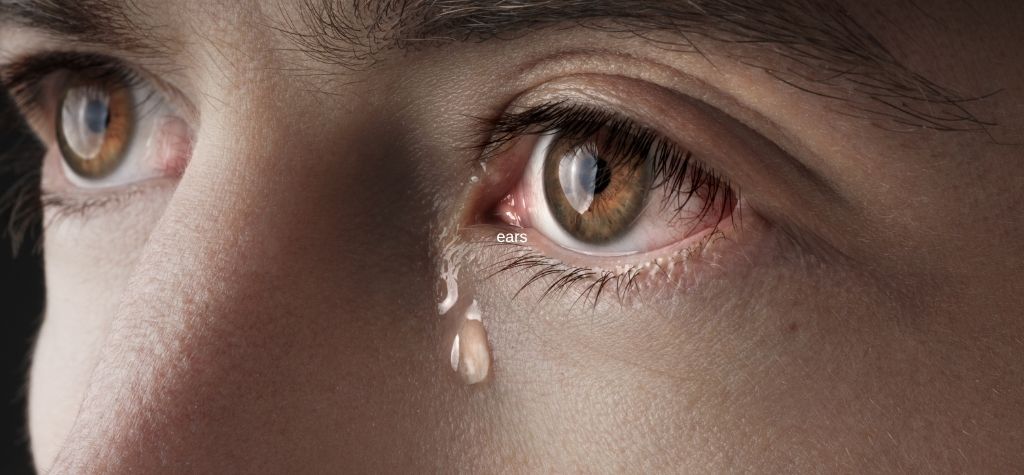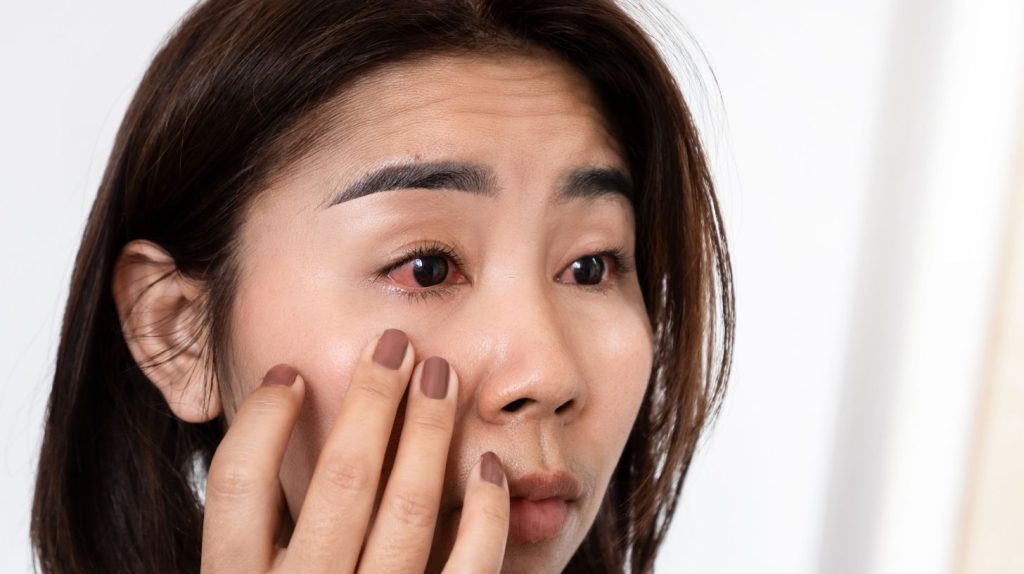For millions of people, the day doesn’t truly begin until that first sip of coffee hits. It’s comforting, energizing, and—for many—non-negotiable. But if you’ve noticed your eyes feeling gritty or dry not long after your morning brew, you’re not alone. As it turns out, caffeine might be playing tug-of-war with your tear film, that delicate barrier that keeps your eyes moist and comfortable.
Let’s dive into the eye-opening science behind coffee, dehydration, and your vision.
What Is the Tear Film and Why It Matters

The Three Layers of the Tear Film
Your eye’s tear film isn’t just water. It’s a complex structure made of three layers:
- Lipid layer (outer): Prevents evaporation
- Aqueous layer (middle): Provides hydration
- Mucin layer (inner): Anchors the tear film to the eye surface
Together, these layers protect your cornea, support clear vision, and fight off eye irritation.
Role of Hydration in Tear Stability
Your tear film is dependent on your body’s overall hydration levels. Even slight dehydration can throw off this delicate balance, causing dryness, blurry vision, or that itchy “sandpaper” feeling.
The Link Between Caffeine and Dehydration
Caffeine as a Diuretic
For years, caffeine had a bad reputation as a strong diuretic—a substance that increases urination and fluid loss. However, recent studies show that moderate caffeine intake doesn’t cause significant dehydration in habitual users.
Still, if you drink large amounts of caffeine without water, you may experience reduced hydration—and that can affect tear production.
Fluid Loss and Eye Moisture Connection
Even small deficits in hydration can lower tear volume. If your coffee habit leaves you skipping water until noon, your eyes might be paying the price.
Caffeine’s Surprising Role in Tear Production—Conflicting Science
2025 Studies on Tear Secretion Boost
Interestingly, newer research published in 2025 by the Journal of Ocular Physiology suggests that caffeine may actually increase tear secretion in some individuals. The theory? Caffeine stimulates glands responsible for aqueous tear production.
Individual Sensitivity Differences
So why do some people still feel dry-eyed? It could be due to how your body processes caffeine, your hydration habits, or even genetics. People with pre-existing dry eye syndrome may be more sensitive to its effects.
Signs Your Morning Coffee Might Be Affecting Your Eyes

Morning Eye Burn or Redness
If you wake up feeling okay but notice burning or redness shortly after your coffee, you might be dealing with mild caffeine-linked dryness.
Needing Artificial Tears Daily
If you reach for eye drops every morning right after your caffeine fix, it may be a clue that coffee is playing a role in your eye comfort levels.
How to Enjoy Coffee Without Sacrificing Your Eyes
Add a Glass of Water for Every Cup of Coffee
A good rule: For every cup of coffee, drink a full glass of water. This balances any fluid loss and keeps your tear film functioning optimally.
Try Lower-Caffeine or Cold Brew Options
Cold brew coffee is naturally lower in acidity and often contains less caffeine per ounce, which might make it easier on your system—and your eyes.
Use Lubricating Eye Drops in the Morning
A few drops of preservative-free artificial tears after your coffee can restore moisture and prevent midday irritation.
FAQs About Caffeine and Eye Dryness
1. Does coffee always cause dry eyes?
Not always. It depends on your sensitivity and hydration habits.
2. Can I still drink coffee if I have dry eye syndrome?
Yes, but consider limiting intake and increasing water consumption.
3. Are energy drinks worse than coffee?
Often, yes—they contain more caffeine and more dehydrating ingredients like sugar.
4. Will switching to decaf help my eyes?
Possibly. Decaf has less caffeine and may reduce symptoms in sensitive individuals.
5. Should I stop drinking coffee to protect my eyes?
Not necessarily. Moderation, hydration, and preventive care can offset most concerns.
6. How do I know if my tear film is healthy?
If your eyes feel moist, clear, and comfortable without regular eye drops, your tear film is likely in good shape.
Conclusion: Savor the Brew, Mind the Dryness
Coffee isn’t your enemy—but it’s worth understanding how it affects more than just your energy levels. If your eyes feel dry or irritated after your daily brew, consider hydrating more, adjusting your intake, or adding a quick drop of moisture to your morning routine. Because when it comes to caffeine vs. tear film, balance is the real eye-opener.

